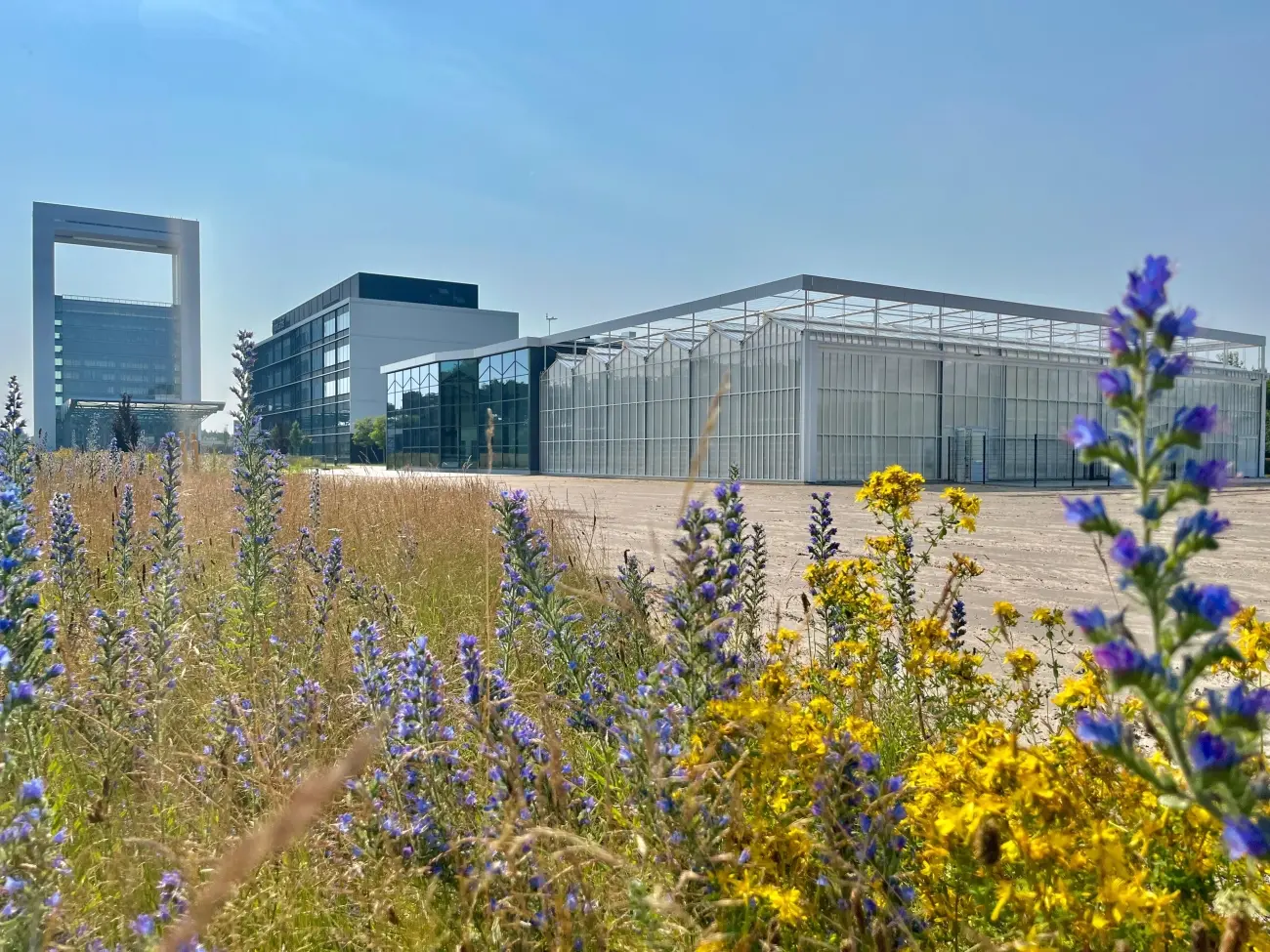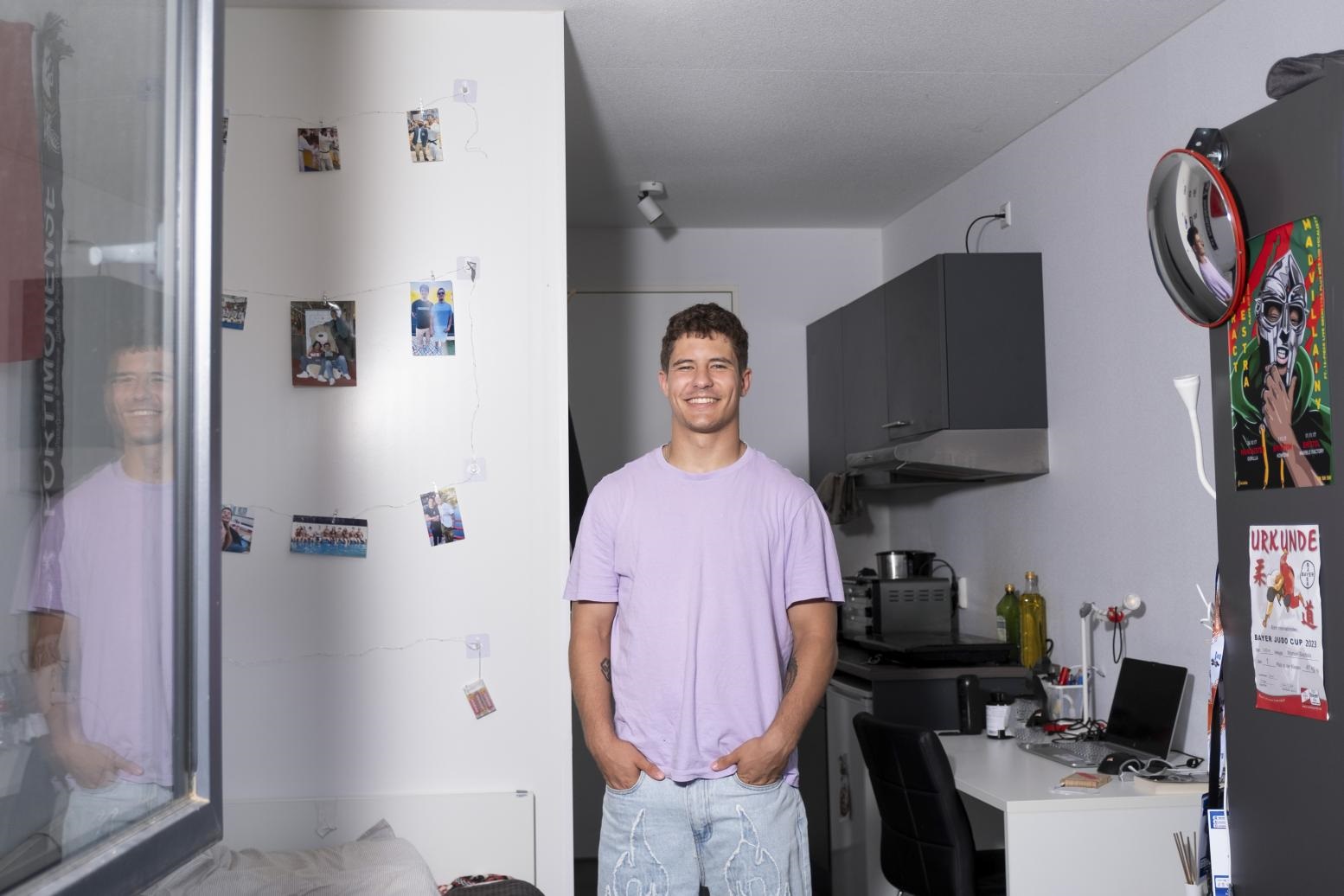Victims that will never be forgotten
One spoke with countless victims as a researcher, often in African post-conflict areas. The other has, as a judge, Chief Justice and Attorney General, also focussed on the victim of every perpetrator. Currently, they sit together on the Board of Trustees of Slachtofferhulp Nederland (The Netherlands Victim Support): Rianne Letschert, Rector of UM, as a member and Annemarie Penn-te Strake, mayor of Maastricht, as chairperson. In honour of the European Day for Victims of Crime on 22 February, they tell us about the victim that stayed with them most and about the position of victims in our justice system in 2017.
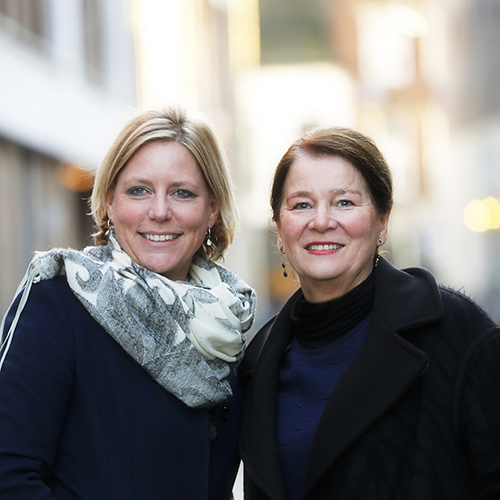
The mayor still gets goosebumps as she thinks back on the time that she had a perpetrator in courtroom give attention to the victim. At the time, victims of a serious crime had no right to speak. “Then I sometimes said to the defendant: ‘Turn around, the woman is sitting right there.’ My colleagues asked afterwards, ‘What are you doing? That’s not in the criminal procedure rules.’ But I found it so inhumane to not allow for contact between the perpetrator and victim, to not give any role to the victim in criminal proceedings.”
Now, more than two decades later, this has improved. “The position of victims has really taken off”, says Rianne Letschert. “The Terwee Act was instated in 1992, which gave victims the right to claim damages during the proceedings. And since 2005, victims of serious crimes have been able to share in the courtroom what it has done to them.” For both of them, this does not go far enough. And in practice it can be seen, as well as in research by Letschert, that victims quite often go further. “They sometimes identify the defendant as the perpetrator and say what punishment seems justified to them. Most judges and prosecutors don’t intervene. So basically, in this case the law could be changed to reflect what happens in reality.”
Slachtofferhulp Nederland helps victims of crime, traffic accidents and calamities. But also friends and family, witnesses, and other parties involved can get free help, thanks to funding from the Ministry of Security and Justice, municipalities and the Slachtofferhulp Fund. In 2015, 182,039 victims of a crime or a traffic accident were helped.
Emotions running high
Before the introduction of the right to speak, some lawyers feared that all of those emotions in the courtroom would influence the judiciary. Victimologists also researched this: “The sentences have not become harsher since the victims were given the right to speak. Victims giving an intensely emotional plea is more common in American cinema than in the Dutch reality.” Penn-te Strake adds: “If someone is a victim of a crime, you need a cordon surrounding them, ensuring that things go as well as possible for them in the coming years—mentally, legally and financially. I think it’s a mere palliative gesture that you can only read out a statement about what it has meant to you to be a victim of this crime.”
Being allowed to speak freely in court is not the same as helping to determine what the sentence will be. Penn-te Strake: “That must remain a professional decision. At one point, a bill was discussed that would give victims a voice in the early release of convicts who are being treated for mental illness . But we have judges and psychiatrists for that. As a victim, even if you yourself are a psychiatrist, you can’t make a professional decision.”
Culture change
The fact that the victim now has a position in criminal law, the two say is a real culture change. For many prosecutors, lawyers and judges, criminal law revolved around the perpetrator. Letschert: “That has improved in many respects, but there are still judges and prosecutors who talk about the crime with little respect for the victim. In this way, they can cause additional suffering. Criminal attorneys still learn too little about victimology during their education. And if, as a victim, you decide to let a lawyer represent you, you still have no place in the courtroom; you have to sit in the public gallery. There is a lot of good, but the culture change still has a ways to go.”
She gives an example that is often used in lectures, of a judge that imposed as part of a sentence for a rapist that he had to buy a new necklace for his victim. The perpetrator had ripped hers off during the act. Letschert “That’s well intended but totally wrong, because that woman certainly didn’t want to walk around wearing a necklace from her rapist.”
Limitations of criminal law
In her research with the victims of genocide, it is not always easy to distinguish between the perpetrators and the victims. Even in the Netherlands, that dividing line is not always completely clear, as they both know from practice. Penn-te Strake: “Especially in violent incidents while going out, for instance, you sometimes see that the ‘perpetrator’ is the one who delivered the hardest blow, while the victim played a clear role. This is sometimes the case in domestic violence. And then you see that criminal law is not the best solution. One example is a woman I remember well from when I was a judge. Her husband was suspected of attempting to murder her. During the proceedings, she withdrew her previous statements while shaking and trembling with fear. We had to acquit him and three months later he ended up killing her. Horrific”, says Letschert. “If couples are in a vicious cycle, offering assistance might be a better solution than criminal proceedings.” Penn-te Strake: “Absolutely. Luckily, the various cooperating organisations, such as the Public Prosecutor’s Office, the police and Slachtofferhulp Nederland, play an increasingly important role in these matters. Mediation offered by Slachtofferhulp often has very good results. Criminal proceedings should no longer be the ultimate remedy, but the optimum remedy.”
Reconciliation in Africa
As long as concern for the victim is not in the hearts and minds of all parties involved, and as long as there are legislative issues around victim care, they believe that it is very important to have a European Day for Victims of Crime. Penn-te Strake: “It's a way to continue to bring attention to the issue.” Rianne Letschert still conducts research, despite her busy job as rector. As part of her Vidi grant, she will go to Congo for one and a half weeks in July, in particular to interview victims of sexual violence. “What has the International Criminal Court done for the reconciliation process in Congo? And the fact that some of the victims were allowed to join, while others were excluded? That is the question.”
It was in Rwanda that she met the victim who made the biggest impression on her. “I don’t forget a single one. But this woman went with me to visit, not for the first time, the men in prison that had killed almost her entire family. She had forgiven them, and I tried to understand that. She said, ‘I can forever remain stuck in the role of victim, but I and the country must move forward.’ She didn’t want to cultivate hatred for the perpetrators, as they would soon be free again. You only know how you’ll react if you yourself become a victim, and therefore we shouldn’t judge how people deal with what happens to them. But I found it very special that she could do that so sincerely. However understandable it is to linger in anger or hatred, it doesn’t help you.”
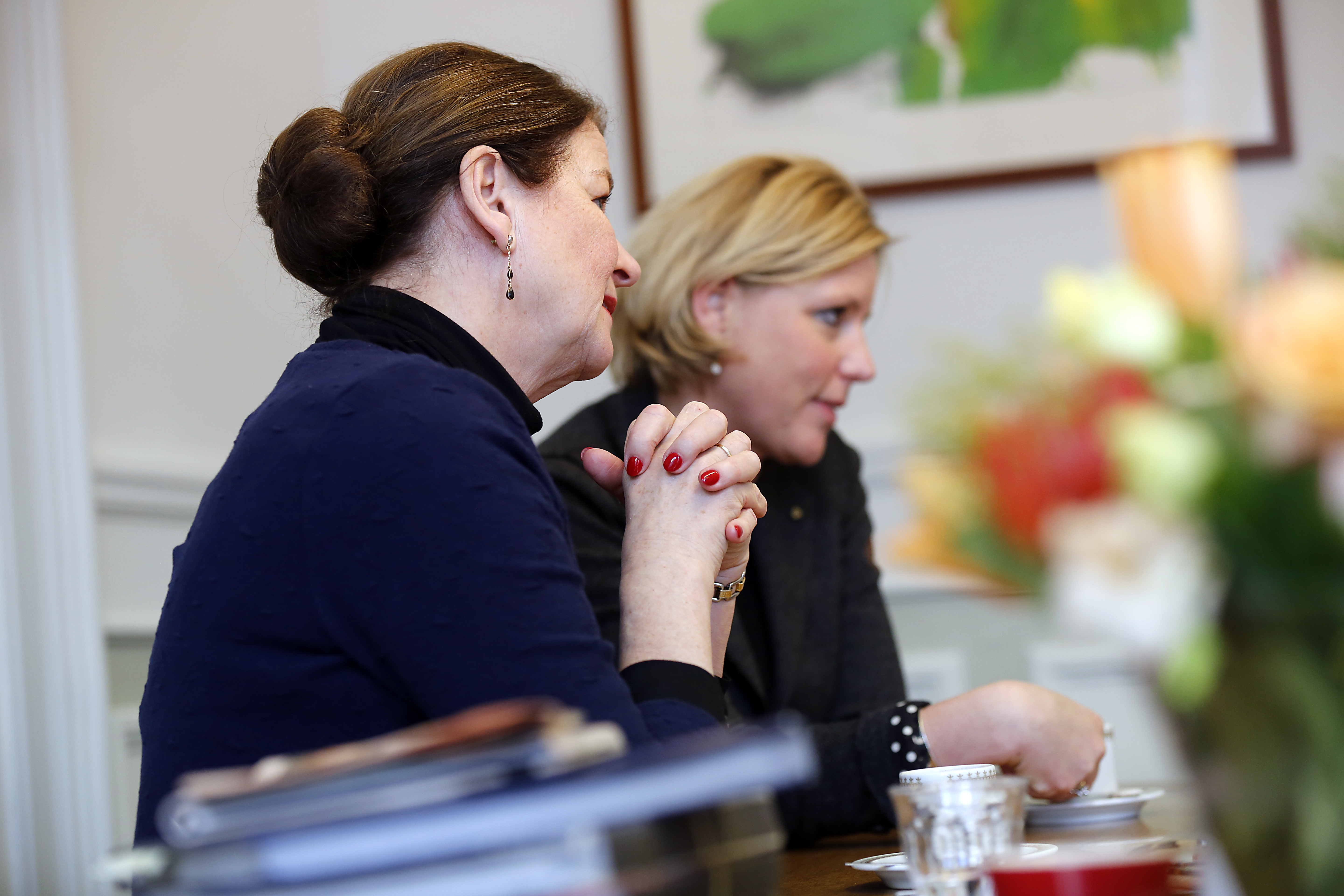
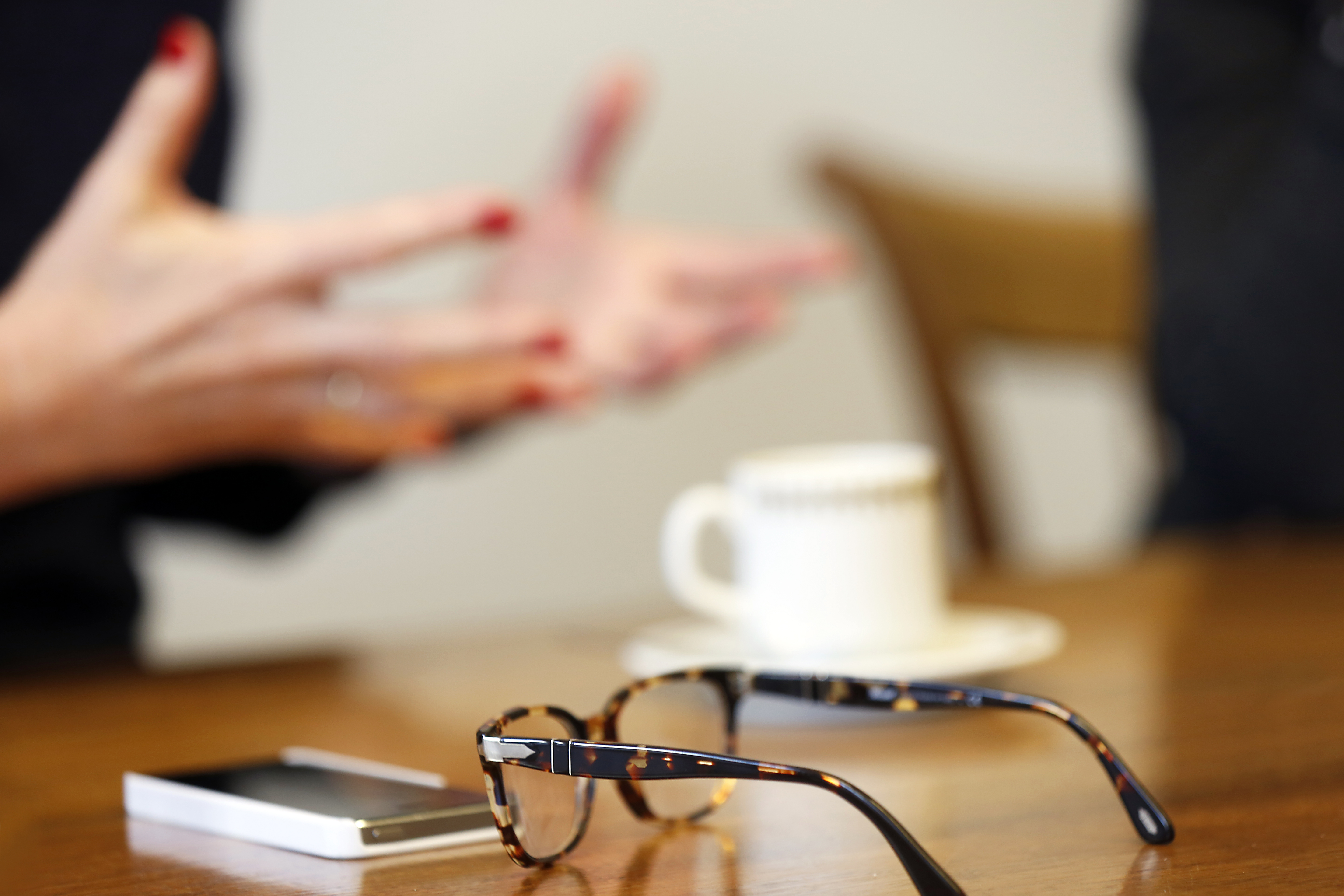
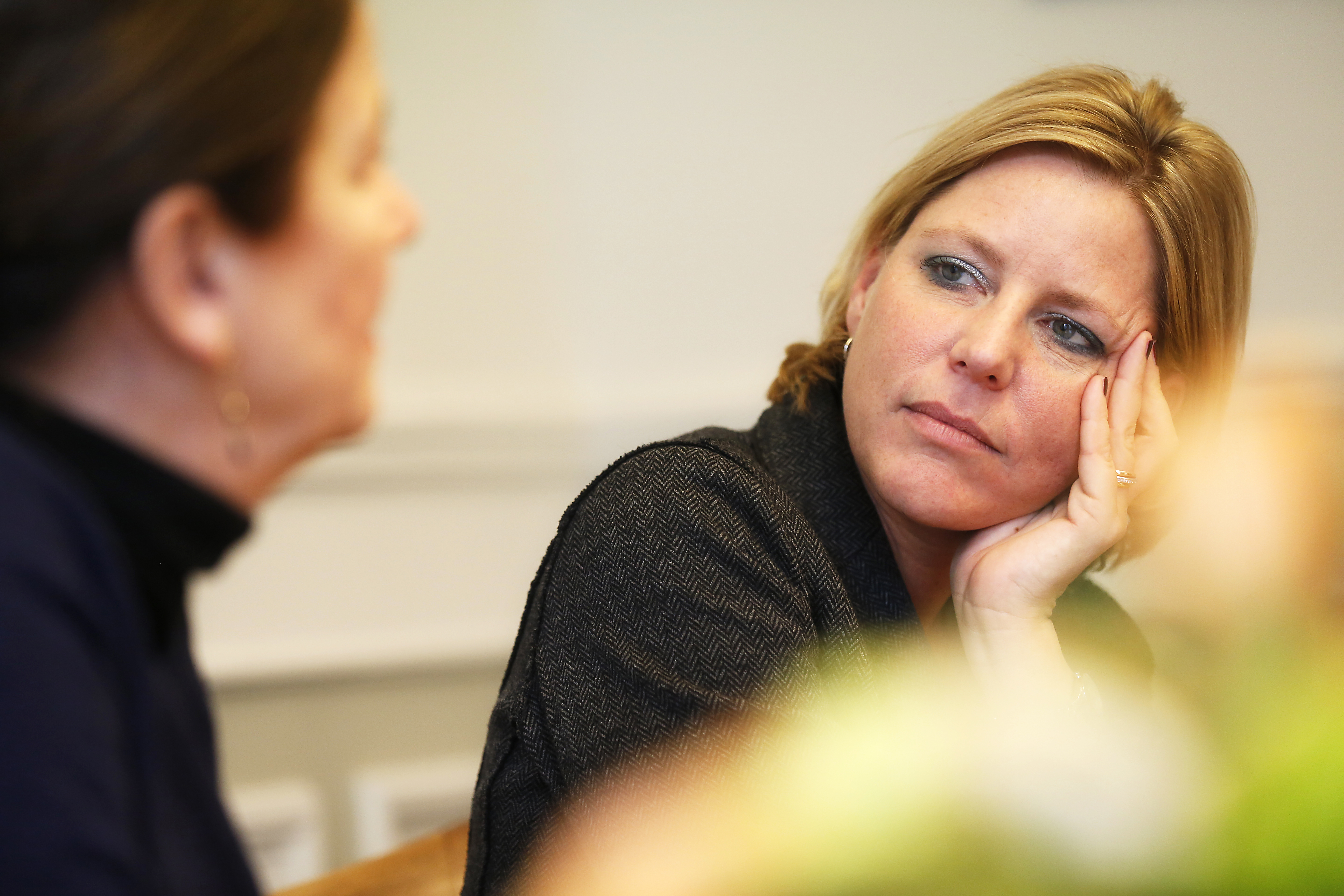
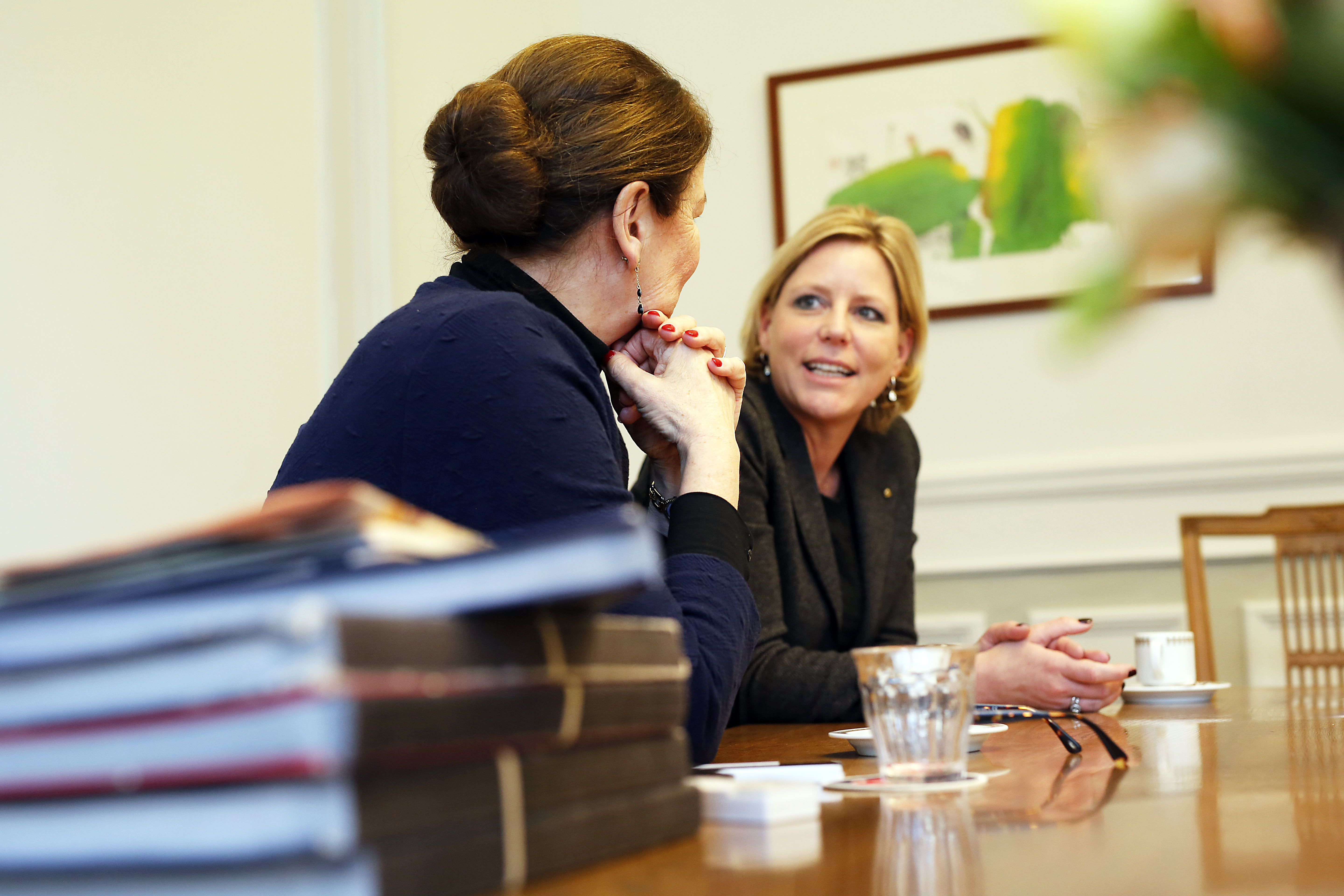
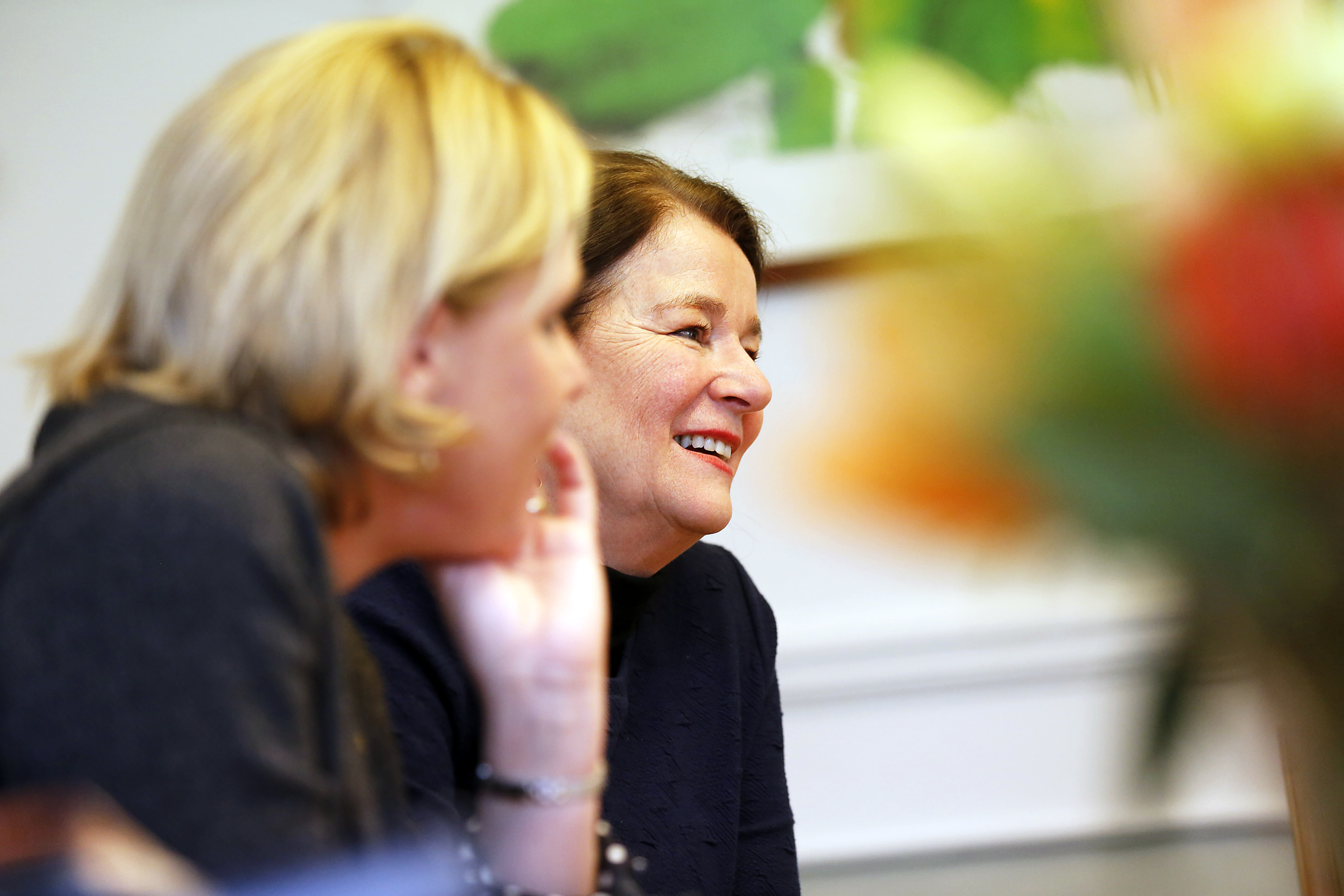
Also read
-
Moving orange spots on a yellow background are the first indication that something unusual is taking place in Maastricht's limestone quarry, Sint-Pietersberg. A closer look reveals that these are people clothed in orange vests. They are Maastricht Science Programme students and supervisors.
-
Maastricht University has built a new research greenhouse at Brightlands Campus Greenport Venlo. Starting on September 1, research will be conducted in this high-tech greenhouse on the agriculture and horticulture of the future: from new cultivation techniques and the development of plants to the...
-
The area on the Sorbonnelaan in the Maastricht neighbourhood of Randwyck looked somewhat bare and remote about two years ago. This was mainly due to the modular and temporary appearance of the student houses that were quickly built there. Meanwhile, the area is increasingly taking on the character...
